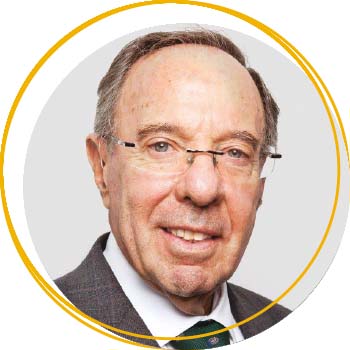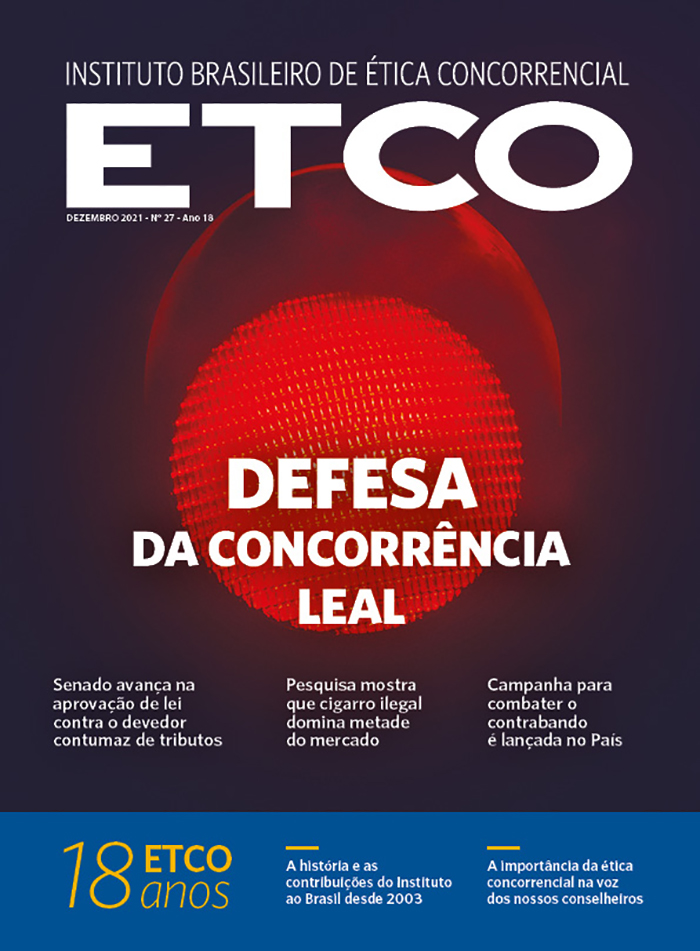"ETCO stands out in the ethical defense of competition and in strengthening business morals"
Tercio Sampaio Ferraz Junior, lawyer, has a doctorate in Law from USP and in Philosophy from the University of Mainz, Germany. Professor at USP and PUC-SP, he was attorney-general of the National Treasury (1991), executive secretary of the Ministry of Justice (1990) and legal director of Fiesp (1981)

What is the role of ethics for the country's development – and, in particular, what is the role of competition ethics in this mission? Although with similar roots (ethos/mos), for common sense, a moral requirement prevails in the business world: good faith, loyalty, without which relationships work badly.
For ethics, the target is competitiveness as a right to act creatively in the free market game. In itself, the market is blind to individuals, and in it not all agents are equally free. Hence the need for collective, ethical precepts. And it is in its implementation that it plays a role in the development of emerging countries in a globalized world.
Public ethics
ETCO has played a significant role in both ethically defending competition and strengthening business morals. In the first case, I remember the commitment of your fight for tax justice; consequently, the fight against smuggling and the critical view of tax reforms. In the second, its strong reaction against corruption, which assaults business morals and perverts public ethics.
Free competition
All business activity is aimed at profit, but free competition must be preserved, since its elimination is the means by which economic power dominates the market and perverts it. The principle of free competition guarantees, in the name of the community, the exercise of free enterprise and demands, like any right, respect for ethical limits. These must not only be sought in free competition itself, but also in the exercise of other freedoms, such as consumption and access to the benefits of property and production.





